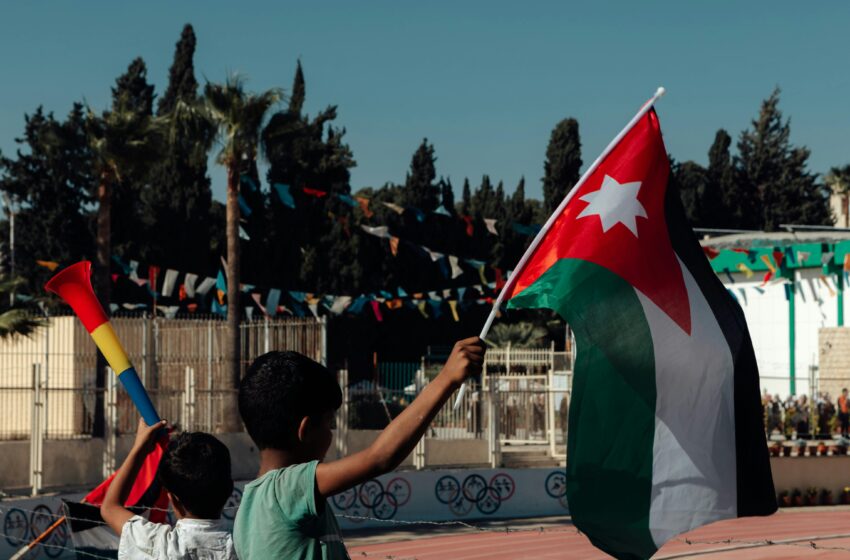
Jordan Recalls Ambassador from Israel- A Bold Diplomatic Stand Amidst Gaza Bombardment
In a significant and bold diplomatic move, Jordan has recalled its ambassador from Israel and instructed the Israeli ambassador to stay away in protest of the ongoing Israeli bombardment of Gaza. The decision comes in the wake of continued hostilities between Israel and Hamas, resulting in casualties and causing a humanitarian crisis in the region. This article delves into the details of Jordan’s stance, the implications of this move, and the broader context surrounding the Israel-Hamas conflict.
A Strong Message of Disapproval
Jordan’s Foreign Minister, Ayman Safadi, announced the recall of the Jordanian ambassador from Tel Aviv. The decision underscores Jordan’s vehement objection to the Israeli military campaign in Gaza. Minister Safadi stated that Jordan’s decision to recall its ambassador was a clear message of disapproval of Israel’s actions in the Gaza Strip, which have led to the loss of innocent lives and a dire humanitarian situation.
Conditions for Ambassador’s Return
The ambassador would only return to Tel Aviv under specific conditions outlined by the Jordanian government. Jordan’s Foreign Minister made it clear that the envoy’s return depended on Israel putting an end to its military operations in Gaza and taking immediate steps to alleviate the humanitarian crisis that has resulted from the conflict.
Rising Concerns and Diplomatic Pressure
The escalation of violence between Israel and Hamas has not only raised concerns within the region but also on an international scale. Jordan is taking a diplomatic stand as it steps up efforts to pressure Israel to end its military campaign. The conflict, according to Minister Safadi, poses a significant risk of expanding conflict throughout the region and jeopardizing global peace.
Long-Standing Fears in Jordan
The Israel-Hamas conflict has long raised fears in Jordan, which is home to a substantial population of Palestinian refugees and their descendants. There is a prevailing concern that a broader conflict may provide Israel with the opportunity to implement policies that could lead to the mass expulsion of Palestinians from the West Bank. Jordan, which shares a border with the West Bank, has absorbed a considerable number of Palestinian refugees throughout history.
King Abdullah’s Call for Peace
King Abdullah of Jordan has expressed his stance against Israel’s “military and security solution” to the Palestinian issue. He emphasized that the only path to achieving a just and comprehensive Arab-Israeli peace is through negotiations that lead to a two-state solution. The King’s statement aligns with the sentiment of many Jordanians and their demand for a peaceful resolution.
Protests and Calls for Treaty Re-evaluation
The situation has ignited public protests in Jordan, where pro-Palestinian sentiments run deep. Demonstrators have been calling for the closure of the Israeli embassy in Amman and the reevaluation of the 1994 peace treaty between Israel and Jordan. The Israeli embassy has frequently been a focal point for anti-Israel protests, particularly during times of conflict in the Palestinian territories.
Future Demonstrations and International Implications
The main Islamist opposition, led by the Muslim Brotherhood, has called for large-scale demonstrations across Jordan in support of Hamas. Hamas has gained widespread popularity among many Jordanians due to its perceived stance against Israeli actions. The diplomatic tensions between Jordan and Israel have implications beyond their borders as the conflict continues to draw international attention.
In conclusion, Jordan’s decision to recall its ambassador from Israel is a powerful diplomatic move that reflects the deep concerns and sentiments of the Jordanian people regarding the Israel-Hamas conflict. It sends a clear message to the international community and underlines Jordan’s commitment to seeking a peaceful resolution to the ongoing crisis. As the situation unfolds, the world watches closely, hoping for a path toward peace and stability in the region.






